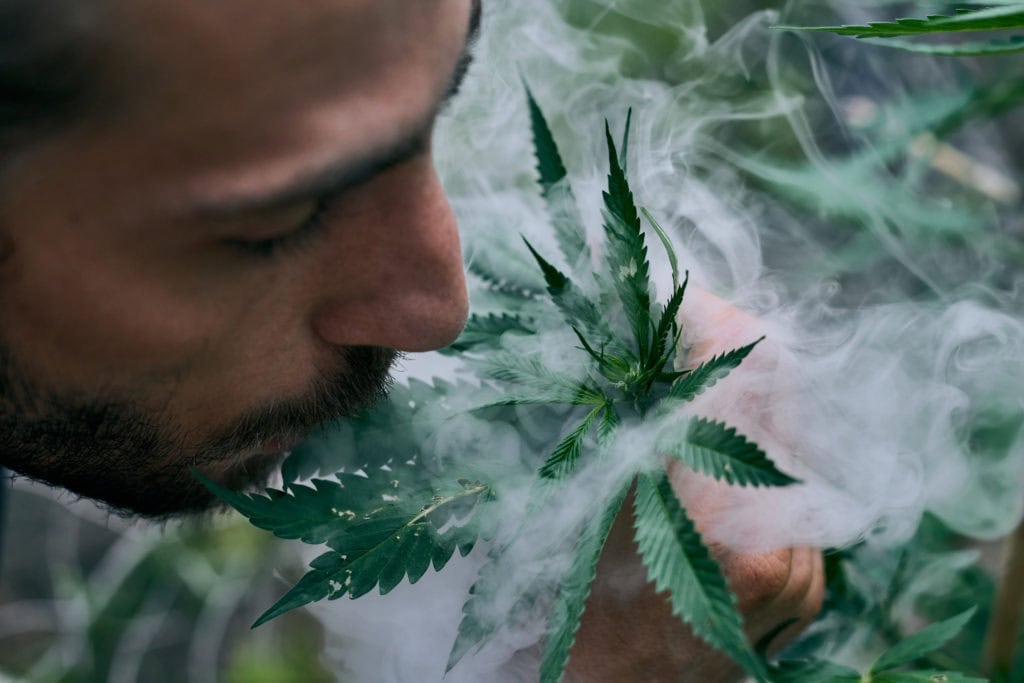Free Case Evaluation | Call Us 24/7 AT (416) 658-1818

On June 7, 2018, the Canadian Senate passed Bill C-45, otherwise known as the Cannabis Act. This important legislative measure has succeeded in lifting a 95-year-old law which had up until now, prohibited the recreational consumption and possession of marijuana. The outcome of the voting was 56 votes in favour and 30 against. The new legislation is currently undergoing further assessment before the House and is waiting for Royal Assent. Once Royal Assent has been granted, the recreational use of marijuana will become legal across Canada. The specific details of the Act state that the legal possession limit for individuals will be maximized at 30 grams per person.
While this possession limit is set into law by Bill C45, other policies about marijuana use will be decided by province-specific legislation and these may vary from one province to another. Each province will be responsible for decisions such as whether marijuana should be sold through vendors operated by the government or if private industry sales locations would be more appropriate. Provinces will also decide the eligible age for purchasing.
According to provisions in Bill C-45, individuals are allowed to grow up to 5 cannabis plants. However, the Bill also permits provinces to ban the home-growing of marijuana if they choose to. This choice has already been made by provinces such as Quebec and Manitoba, which have instituted such a ban. Under Bill C-45, the use of marijuana concentrates, topicals and unprocessed flowers will be considered legal. However, more time is needed before edible marijuana products become legal, as this is not expected to happen until at least another year has passed.
This new legislation limits marijuana use almost exclusively to private residences and strictly prohibits marijuana cafes. The legalization of cannabis has been delayed by the federal government until October 17, 2018, as provinces need more time to prepare for these changes.
Many are hopeful that with the Royal assent of Bill C-45, the federal government will initiate a process to pardon those who have criminal records for the possession of cannabis. Prime Minister Trudeau expressed his views on this matter by saying “There is no point looking at pardons while the old law is on the books. Once the law comes into force, we will start looking at the issue of pardons and criminal records.”
However, it's important to note that currently, no plan is underway to grant pardons to those burdened with a criminal record for marijuana possession. NDP MP Don Davies tried to address this concern by attempting to pass a motion to “immediately provide pardons for those burdened by criminal records for cannabis offences that will soon be legal”. Despite this, the motion did not receive unanimous consent and consequently failed.
It is crucial to remember that recreational marijuana use is not yet legal and is still considered a criminal offence. The possibility of facing criminal charges for marijuana possession remains until Bill C-45 receives Royal Assent. The federal government has stated that the government intends to treat cannabis the same way as alcohol and tobacco.
Under this new legislation, Bill C-45, all cannabis producers will be required to have a license from Health Canada. In addition to that, the provinces will be overseeing the distribution of dried marijuana and other marijuana products.
The government anticipates that the revenue generated from the legalization of marijuana will be used to cover costs related to various sectors. These sectors comprise policing, enforcement, setting up public distribution networks, and initiating public awareness campaigns.
Anyone purchasing marijuana will be subject to a tax on their purchase. The tax comes in the form of an excise tax of $1 per gram or 10 percent on sales of more than $10. Out of the resulting marijuana tax, the federal government will retain 25 percent, while the remainder will be allocated to provinces and municipal governments.
Should you need more clarity on your rights, feel free to contact Kostman and Pyzer, Barristers, for a free consultation!
With Bill C-45 passing and marijuana use becoming legal in Canada, it’s essential to understand the legal implications surrounding cannabis possession, cultivation, and sales. While marijuana use is now legal, provincial regulations and specific rules continue to apply, making it crucial to stay informed about your rights.
If you face criminal charges related to cannabis possession or distribution, or if you have concerns about how the new legislation impacts your case, contact our Criminal Law Firm in Toronto for expert legal advice. Call us or reach out online for a free consultation. We’re here to guide you through any cannabis-related legal matters.